Palestinians slam UAE over Israeli PM's visit; Tunisia rejects normalization
The Palestinian resistance movement Islamic Jihad has strongly denounced the Israeli premier’s latest visit to the United Arab Emirates (UAE), saying Abu Dhabi’s insistence on expanding ties with Tel Aviv amounts to turning a blind eye to the suffering of Palestinians.
Tariq Salmi, a spokesman for the Islamic Jihad, in a statement on Thursday, said the Arab country’s growing proximity with the Israeli regime shows contempt for Palestinian lives.
“Insistence on normalization of ties and establishment of all-out relations with the Israeli enemy amounts to a denial of all forms of sufferings that Palestinians are experiencing as a result of the escalating Zionist aggression and terrorism in al-Quds and the West Bank,” he said.
Naftali Bennett’s visit to Abu Dhabi on Thursday is his second official trip to the Persian Gulf country since the two sides formally normalized their ties in 2020 under the so-called Abraham Accords brokered by then-US president Donald Trump.
Bahrain, Morocco, and Sudan were other countries to normalize ties with the Tel Aviv regime at that time.
A statement from Bennett’s office said the Israeli leader will meet UAE President Sheikh Mohamed bin Zayed Al Nahyan and that the two will discuss “various regional issues,” with Iran likely to top the agenda.
In a video statement recorded before embarking on the trip, Bennett commended countries who drafted and adopted an anti-Iran resolution at the International Atomic Energy Agency (IAEA) board of governors meeting in Vienna on Wednesday.
Last month, Israel and the UAE finalized a free trade agreement as part of the normalization process between them, marking the first big trade accord between the Tel Aviv regime and an Arab country.
The pact was signed in Dubai on May 31 after months of hectic negotiations and drew sharp reactions from Muslim countries.
President of the UAE-Israel Business Council Dorian Barak said the trade pact defined tax rates, imports, and intellectual property, which would encourage more Israeli companies to set up offices in the UAE, particularly in Dubai.
The council predicts there will be almost 1,000 Israeli companies working in or through the UAE by the end of the current year.
The UAE officially inaugurated its embassy in Israel on July 14, 2021. The inauguration ceremony was hosted by UAE’s ambassador to Israel Mohammad al-Khaja, with the regime’s president Isaac Herzog in attendance.
The embassy is situated in the Tel Aviv Stock Exchange building, also known as the Bursa.
Israel also opened its embassy in the Emirati capital in June last year, which was inaugurated by the regime's foreign minister Yair Lapid. He also inaugurated the regime's consulate in Dubai during the same visit.
Israeli ministers had previously made low-profile visits to the UAE, but Lapid was the most senior Israeli official to visit the country, and also the first to travel on an official mission.
Palestinians, who seek an independent state in the occupied West Bank and Gaza Strip with East al-Quds as its capital, view the normalization deals as a betrayal of their legitimate and just cause.
Tunisia rules out normalization with Israel
Meanwhile, the Tunisian foreign ministry has in a statement refuted reports about back-channel diplomatic talks between the North African country and Israel, describing them as false.
The ministry in a statement on Thursday said some websites affiliated with the Israeli regime have been spreading these rumors in an attempt to harm the image of Tunisia and its unyielding pro-Palestine position.
The statement declared that Tunisia was not interested in establishing diplomatic relations with Israel, stressing that the country - on the official and popular level and as stated by President Kais Saied - will always support the Palestinian people in their struggle until their legitimate rights are restored, foremost of which is the establishment of an independent Palestinian state with al-Quds as its capital.
Back in April, dozens of Tunisian lawyers had denounced the Tel Aviv regime’s aggression against Palestinian people across the occupied West Bank and the Old City of al-Quds, calling on the North African country’s authorities to criminalize the normalization of ties with Israel through a clear and transparent ruling.
In December 2020, the Tunisian foreign ministry reiterated that the country will not follow in Morocco’s footsteps to normalize diplomatic ties with Israel and that its position on the Palestinians' legitimate rights will not be affected by any international developments.
The ministry, in a statement published on its Facebook page, dismissed media reports that Tunisia intended to establish ties with the Tel Aviv regime as unfounded and contrary to its principled and official position vis-à-vis the Palestinian issue.
“Tunisia reiterates the firm stance of the President of the Republic, Kais Saied, who has emphasized on several occasions that the rights of the Palestinian people are inalienable, foremost among which is their right to self-determination and establishment of an independent state with al-Quds as its capital,” the statement read.
Tunisians feel solidarity with the Palestinian people and strongly support their rights, which have been recognized by numerous United Nations resolutions and various international bodies, especially the UN Security Council and the General Assembly, it added.
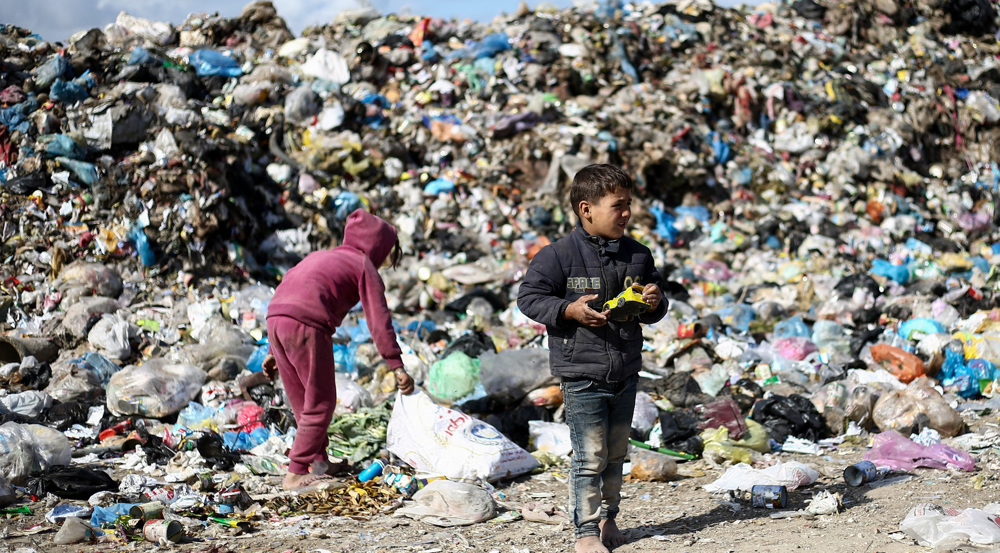
At least 500 children killed since Israel broke Gaza truce
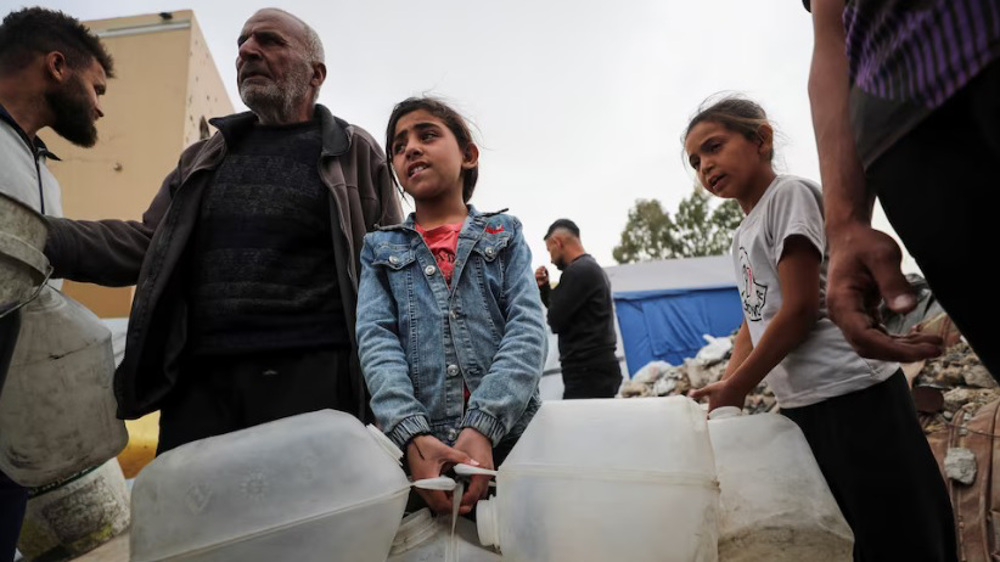
Gaza media office: Israel has turned water into ‘tool of genocide’
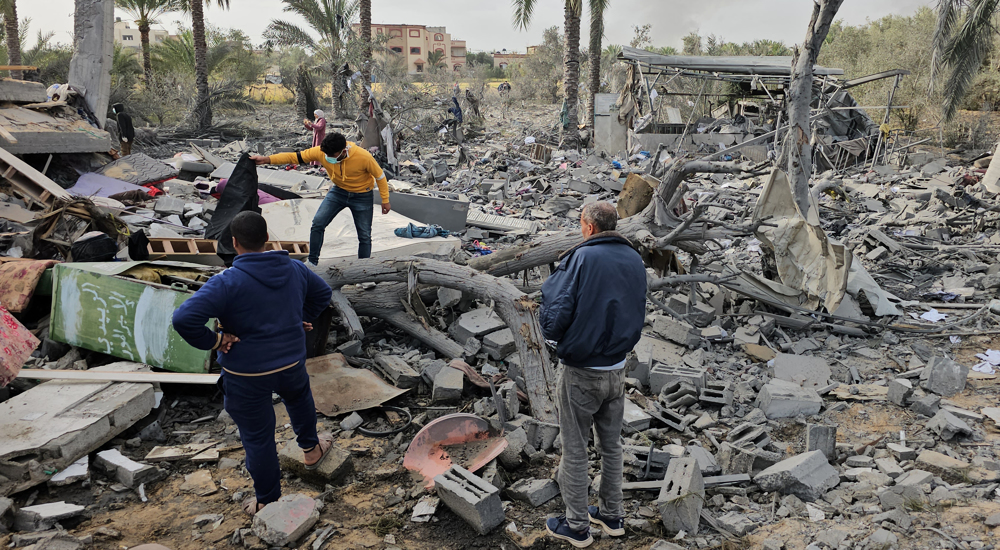
Israel threatens to expand ground offensive deep into Gaza as it encircles Rafah
At least 500 children killed since Israel broke Gaza truce
Gaza media office: Israel has turned water into ‘tool of genocide’
Israel threatens to expand ground offensive deep into Gaza as it encircles Rafah
Iran, US conclude negotiations in Oman, agree to continue next week
Iran and US hold indirect talks in Oman
Iraq hopes indirect Iran-US talks lead to regional stability
US rights advocates file lawsuit to halt Trump’s sanctions on ICC prosecutor
Israel waging psychological sabotage campaign against Oman talks: Report


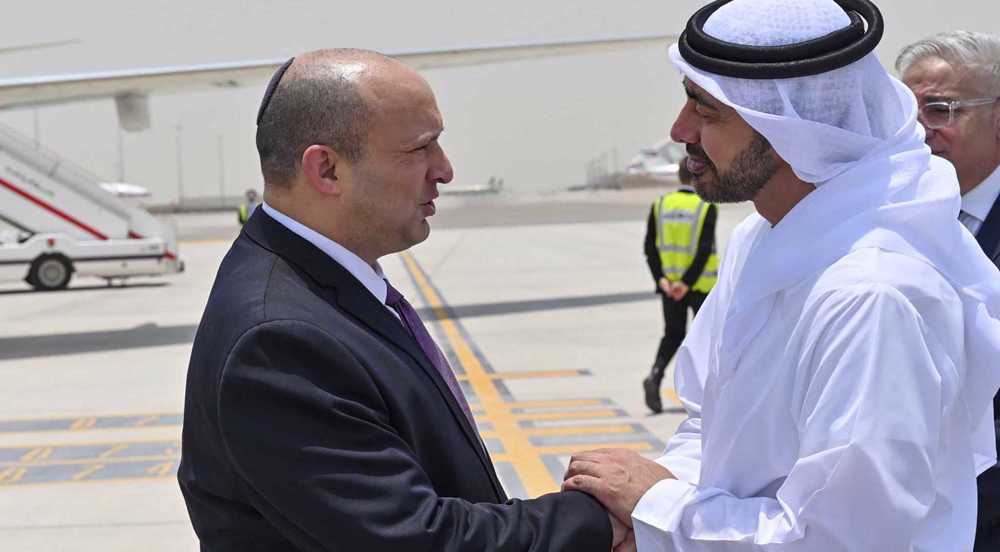
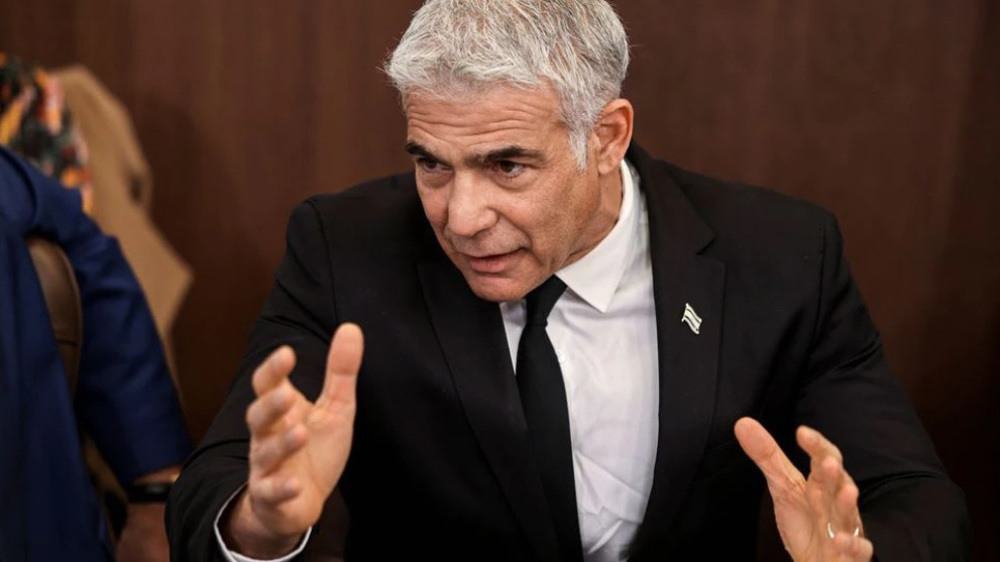
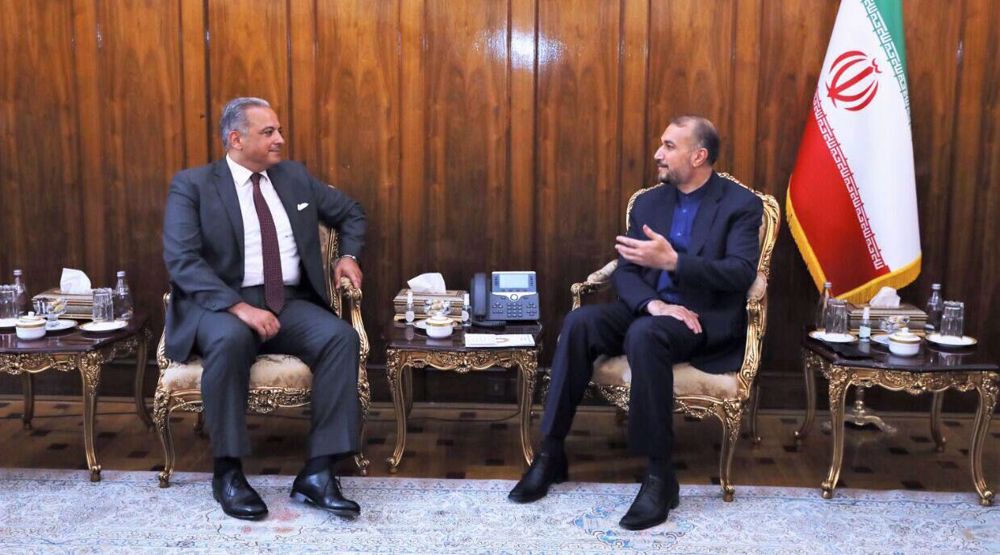
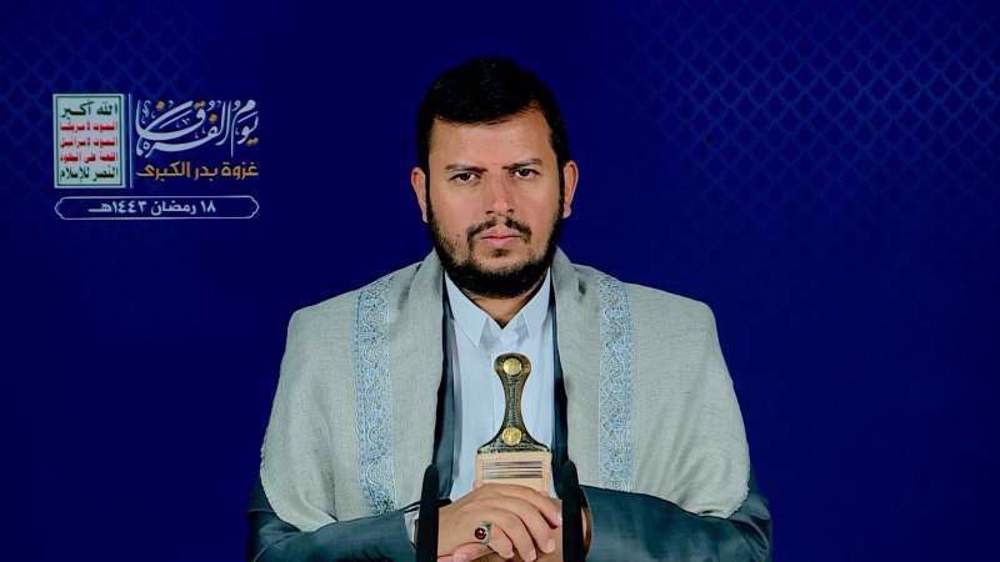
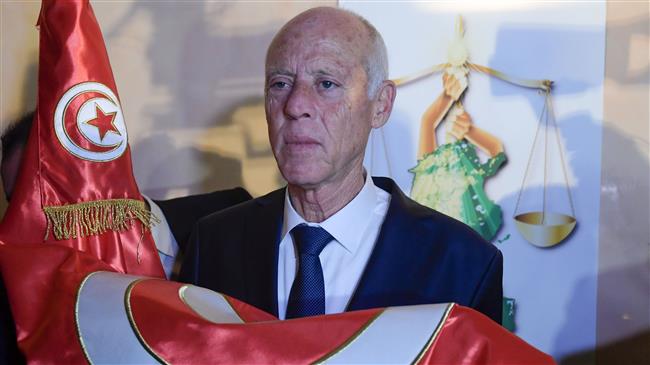



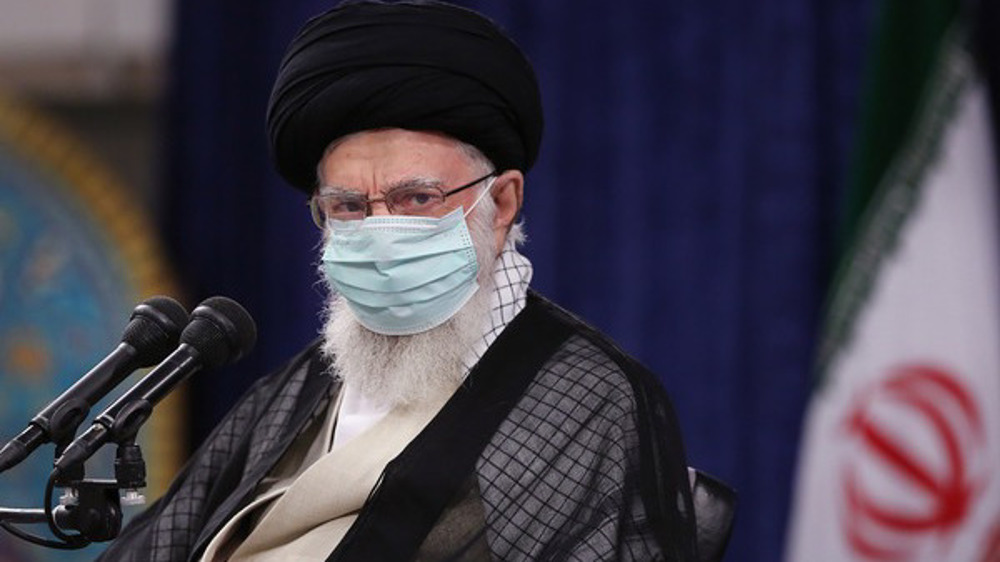
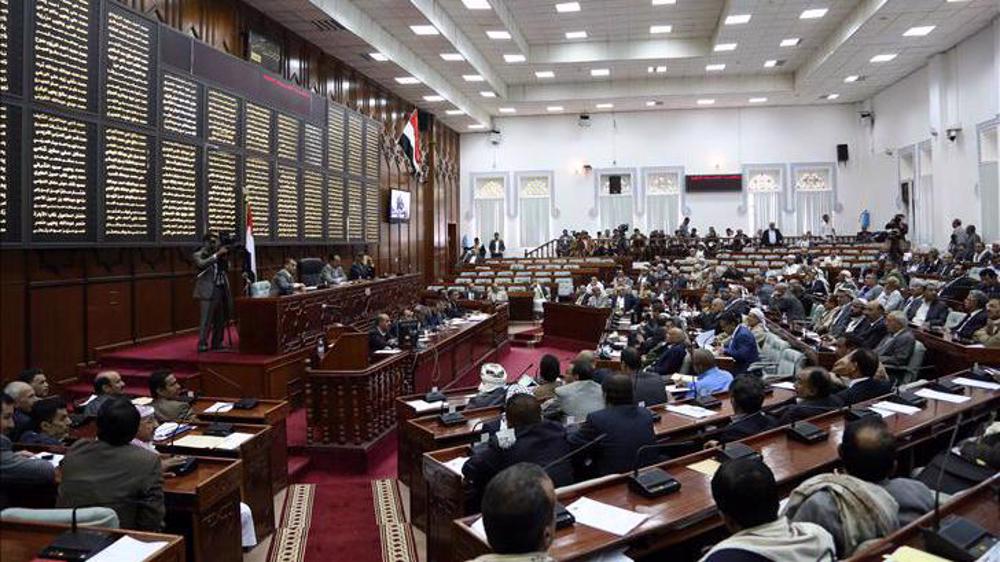

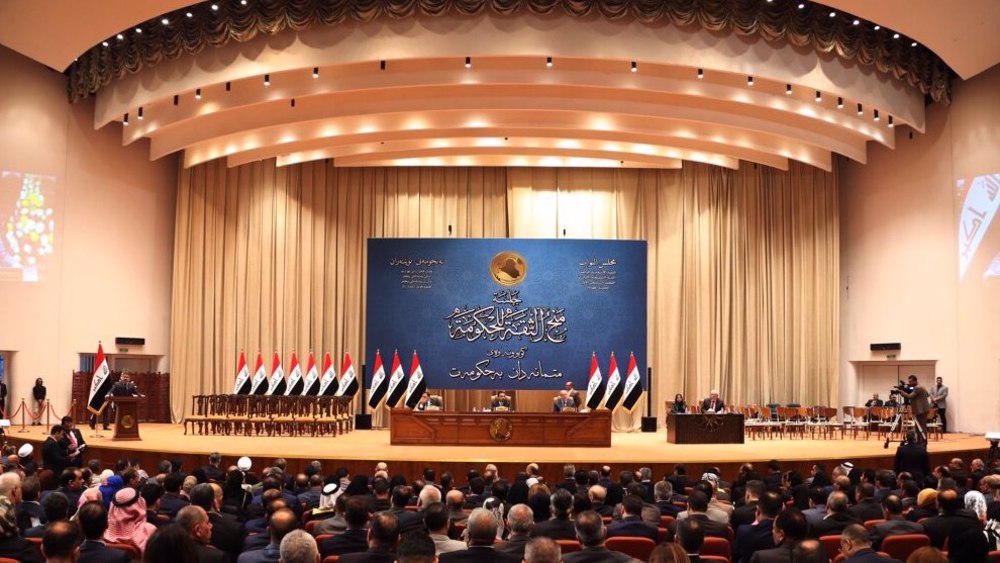
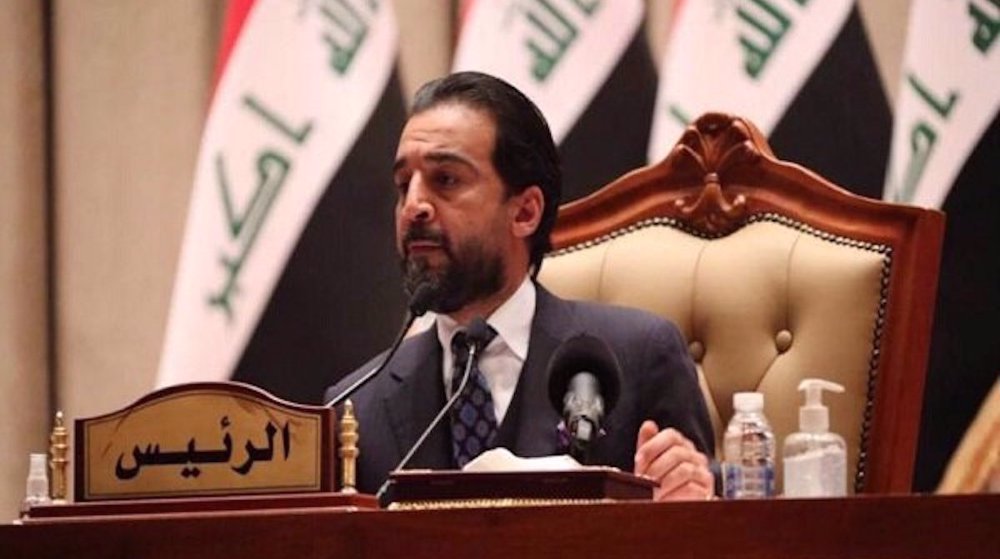
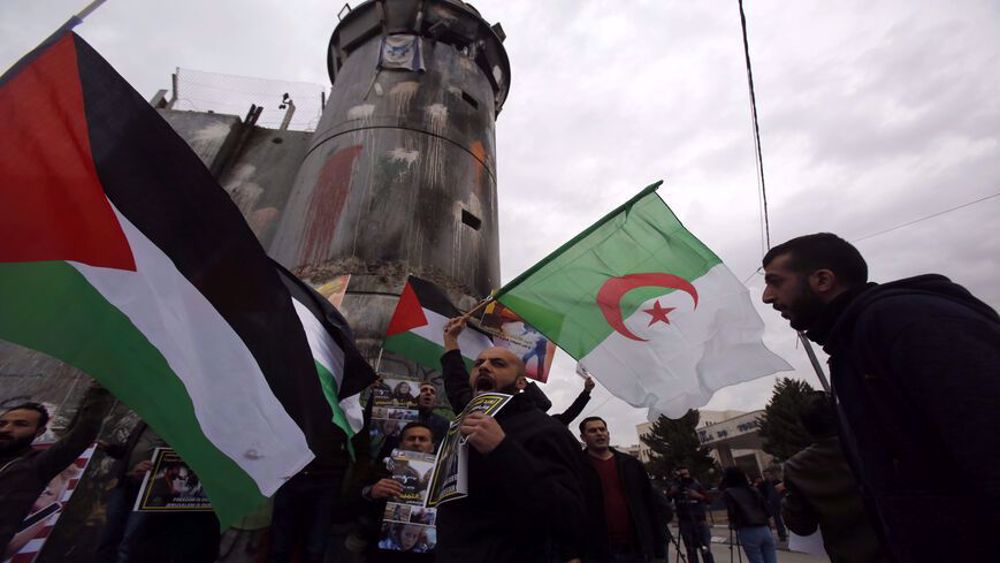
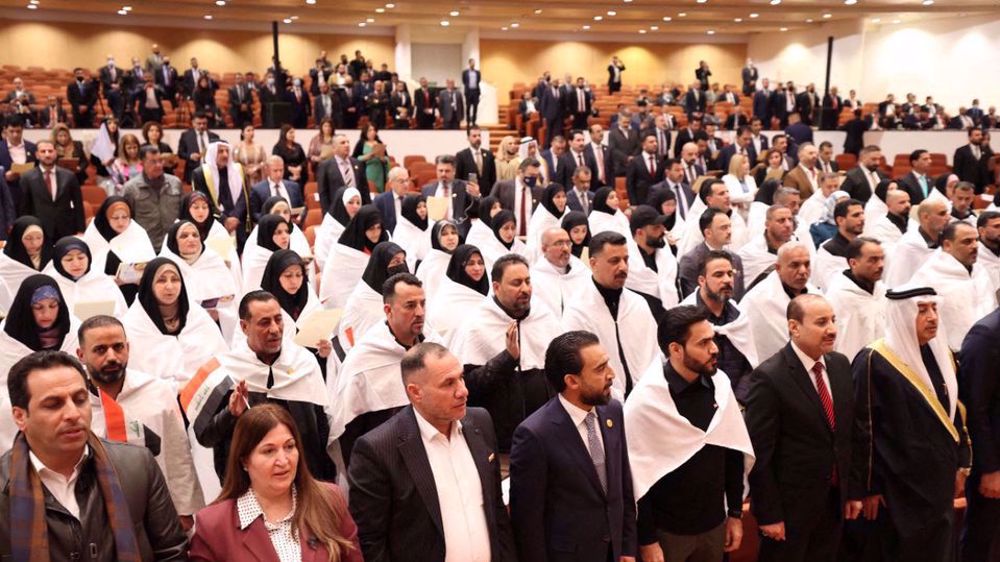

 This makes it easy to access the Press TV website
This makes it easy to access the Press TV website